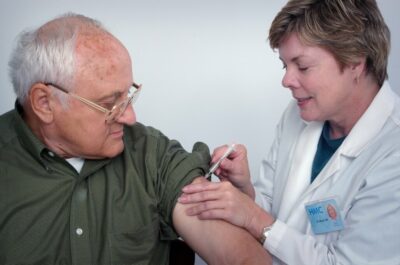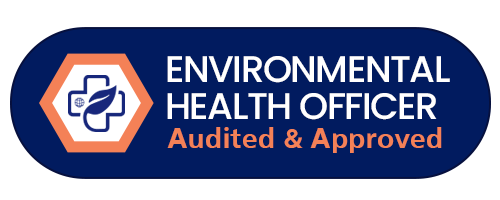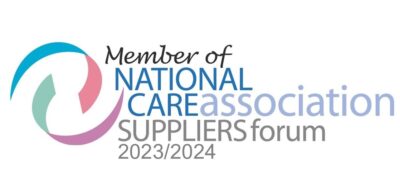How to Become a Carer for the Elderly

A care career is one of the most rewarding careers you can pursue, providing valuable memories and the chance to help vulnerable people, especially when working with older people. You have to undergo crucial training to become a carer for the elderly so that you understand and fulfil their needs.
How to Complete Carer Training?
You have multiple options when it comes to training to become a carer. You can go down a traditional college pathway and get a qualification in care taught by former care professionals.
Or you can complete an apprenticeship where you spend part of your time studying for a care qualification and the rest working in a health and social care business to develop your skills. This pathway is the most hands-on option and can lead to a permanent role upon completion.
Qualifications You Need
To take a college care course, you need to meet particular criteria. You usually need:
- For a Level 1 course: 2 or fewer GCSE grades from 3 to 1 or D to G
- For a Level 2 course: 2 or more GCSE grades from 9 to 3 or A* to D
Different apprenticeship providers have different entry requirements. However, many ask for GCSE qualifications, such as:
- For an intermediate apprenticeship: GCSEs in Maths and English
- For an advanced apprenticeship: 5 or more GCSE grades from 9 to 3 or A* to D (usually including Maths and English)
Fundamental Required Skills
Your training should cover vital skills that apply to almost every health and social care role but are particularly crucial for working with the elderly. They include:
- Essential daily responsibilities
- Personal care
- Health and Safety
- First aid
- Fire safety
- Food safety
- Safeguarding
- Manual handling
- Dementia care
- Medication handling
You will also need general skills to administer friendly and approachable care. Try progressing your:
- Communication
- Problem-solving
- Teamwork
- Organisation
- Interpersonal skills
- Customer service
- Patience
Regular Job Responsibilities
In a care role, you may regularly:
- Converse with elderly people
- Prepare and provide food and drinks
- Manage and support physical and social activities
- Administer medication
- Book healthcare appointments
- Collect prescriptions
- Help people manage their hygiene, e.g. showering, brushing teeth
- Help people dress
How to Gain Vital Experience
Many universities, colleges and training providers offer or encourage placements to give you time working in a health and social care environment. You may take a year out of your course to complete a year in industry.
Or, if you have already completed a qualification, you can apply for jobs directly; they may give you a junior position so you can find your feet before progressing. Remember that specialist roles need more training and qualifications.
You can also volunteer at a care home or in care activities to gain valuable experience. This support could include:
- Spending time talking and playing games with residents
- Chaperoning care trips
Learning With Online Training
Online training is a great way to expand your knowledge and skillset to pursue new roles. Our CPD-accredited courses provide expert training that you can complete in your own time. What’s more, if you are responsible for arranging staff training, our online portal allows you to monitor their progress from one easy-to-navigate dashboard.
Better trained staff lead to a higher quality of care and an enhanced reputation for the business, making investing in training a win-win situation for employers and employees.
At Caredemy, we provide the most comprehensive elderly care courses at reasonable prices. Here are just a handful of reasons why you should choose us as your go-to care academy: –
Flexibility that comes from home learning
All of our courses are taught online and therefore can be completed anywhere. Particularly busy day? Not to worry; you can continue your course whenever you have time.
Cost-effective
As our courses are online, we do not have the overhead costs of many face-to-face training providers, allowing us to pass those savings on to our customers.
Information available all in one place
No flicking through several books to find information; it is all stored together and easily accessible online.
If you are interested in booking or learning more about our Elderly care courses, contact us today using our online enquiry form, and our dedicated team will contact you.








